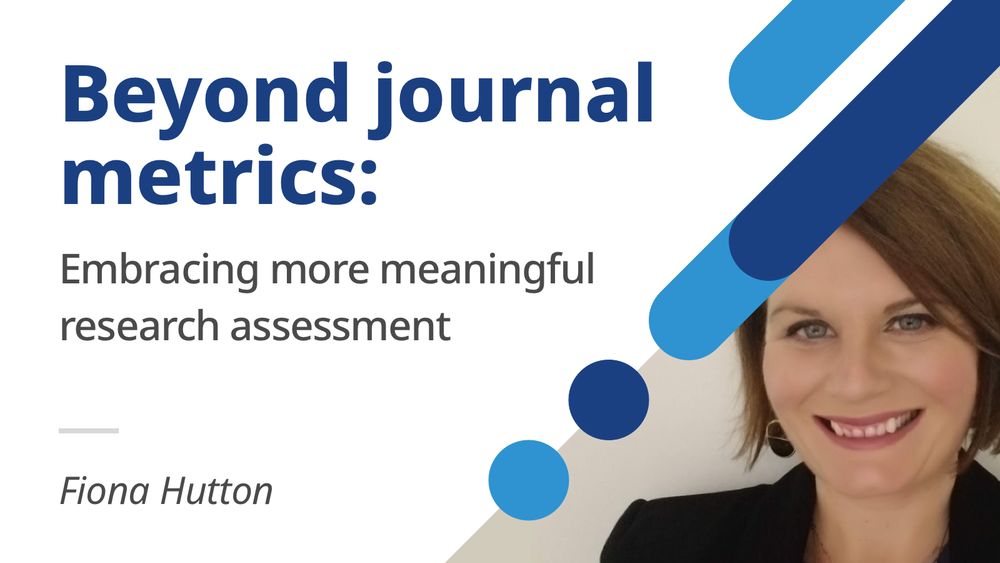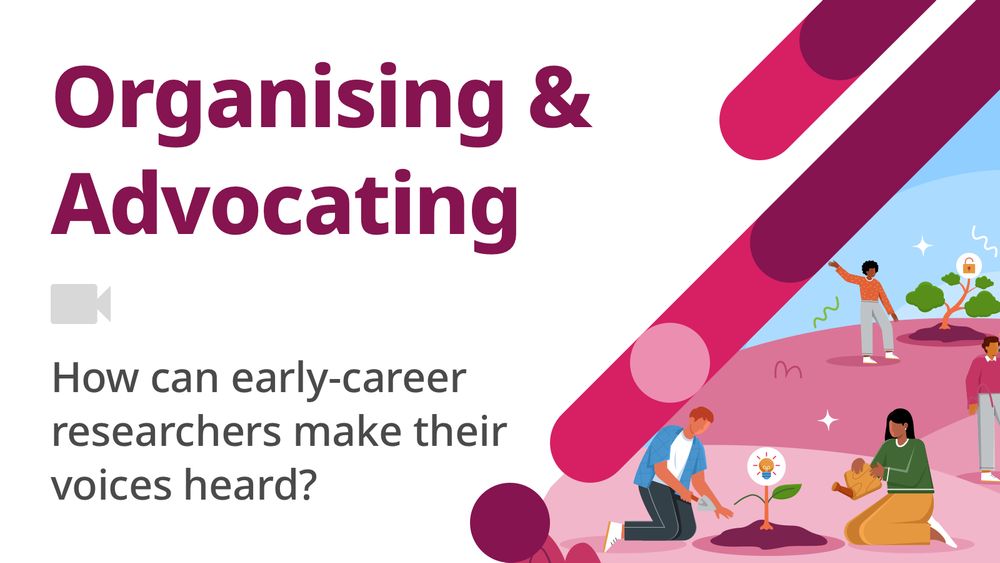
eLife Assessment
This important study reports the results of efforts to replicate two phenomena of significant interest to early-career scientists and scientific policymakers: the Matthew effect and the early-career setback effect. Several previous studies of these effects have focused on early-career researchers with grant proposals that fell just below or just above a funding threshold. Those just above the threshold were more likely to be successful when they applied for funding later in the career (an example of the well-known Matthew effect), while those just below were more likely to go on to have stronger publication records (the early-career setback effect). In this study the Matthew effect was found to be robust across funders, and to generalize from those close to the funding threshold to the whole population. The early-career setback effect was not robust across funders and did not generalize to the whole population. The evidence reported is convincing.
Evidence from 14 research funding programmes confirms that early winners tend to keep winning (Matthew effect). But the idea that an early setback makes you stronger later doesn’t replicate widely.
buff.ly/UEtcRd4
28.10.2025 21:03 —
👍 15
🔁 5
💬 0
📌 1

1/ @reviewcommons.org, @embo.org's preprint peer review platform, is taking an important step forward. Multiple publishers, including eLife, are now jointly running the peer-review process on behalf of the platform.
🔗 buff.ly/Rm1XotK
30.10.2025 14:45 —
👍 13
🔁 14
💬 1
📌 0
At the top of each article in eLife is an eLife Assessment, like the example below.
They summarise the reviews using consistent assessment terms in bold to help you quickly understand the strengths and weaknesses of the research.
🔗 Learn more: elifesciences.org/inside-elife...
31.10.2025 11:51 —
👍 6
🔁 2
💬 0
📌 1

open science essentials. what'snext for open access? November 11, 2025, 11 AM EST. Register for the ACS publications webinar
Our Head of Journal Development, Alessio Bolognesi, joins the ACS Publications webinar “What Next for Open Access?” on November 11, discussing the future of #OpenAccess agreements and what more equitable participation could look like.
Register here: buff.ly/rHb8Ndr
31.10.2025 14:59 —
👍 5
🔁 1
💬 0
📌 0

Faster, fairer, and even more open. join us in the future of publishing
Help us challenge the traditional publishing system.
Find out why you should send your research to eLife: buff.ly/MJy9rBE
03.11.2025 21:01 —
👍 7
🔁 3
💬 0
📌 0
Can a system that uses trainees as labour be fair?
In Voices, fatusn.bsky.social unpacks the blurred line between training and exploitation, and what needs to change in how we value scientific work.
Listen now: buff.ly/kayWDdB
#ECRChat #ResearchCulture #PhDChat
09.10.2025 13:44 —
👍 14
🔁 3
💬 1
📌 0

Equity, Diversity and Inclusion: Making conferences in the plant sciences more inclusive through community recommendations
doi.org/10.7554/eLif... via @eLifeCommunity.bsky.social #PlantScience
29.09.2025 16:29 —
👍 7
🔁 4
💬 2
📌 0

Spread the word! 🗣️🎙️
Together with @azulsilva.bsky.social and Bluesky-less Magdalena Miranda, supported by @elife.bsky.social, we’re organizing a webinar bringing together people working in science communication and outreach.
Please, feel free to share the flyer with anyone who might be interested!
15.10.2025 13:38 —
👍 8
🔁 8
💬 0
📌 0
In or out of academia, your needs, hopes and values matter.
Learn about the work being done by Fátima Sancheznieto and people like her to change the academic training to truly align with the values of science. Listen today: buff.ly/kayWDdB
11.10.2025 16:50 —
👍 2
🔁 2
💬 0
📌 0

1/ Starting next year, @hhmi.org will require all authors to share their research as preprints under a CC BY 4.0 license as part of its new Immediate Access to Research policy.
buff.ly/NrHlEKD
26.09.2025 12:11 —
👍 28
🔁 14
💬 1
📌 1

Frustrated with confusing or conflicting requests for revisions?
At eLife, our consultative review process means editors and reviewers discuss their reviews with each other before sharing their recommendations.
Learn more about peer review at eLife: buff.ly/jdaPive
26.09.2025 13:59 —
👍 6
🔁 1
💬 0
📌 0

Openness means more than access.
We’re pleased to announce that we now publish Replication Studies, helping make science more reliable, transparent, and trustworthy.
buff.ly/Gebypvq
24.09.2025 22:28 —
👍 27
🔁 7
💬 0
📌 1

Science thrives on migration and collaboration across borders.
Eve Marder reflects on her family’s history of displacement and survival in the 1930s through the story of her grandmother’s rug, and how those same forces are shaping science today.
buff.ly/smgHkJ1
23.09.2025 15:55 —
👍 12
🔁 4
💬 0
📌 1

To mark #PRW2025, the PREreview Champions team in collaboration with eLife invite you to join a live preprint review event on Friday, Sept 19. Find out more and register at bit.ly/Sep19-Live-R...
11.09.2025 09:45 —
👍 2
🔁 1
💬 0
📌 0

Attending the Open Science Fair this month? Join our Head of Publishing, Fiona Hutton, on Sept 17 as she explains why it’s time to embrace more meaningful approaches to research assessment: buff.ly/FC06AfH
02.09.2025 15:55 —
👍 1
🔁 1
💬 0
📌 0
Open science can sometimes been seen as a risk but IME there are definitely people out there doing research more openly to advance science despite that.
1/4
13.08.2025 19:06 —
👍 20
🔁 9
💬 3
📌 0
If you're in academia or industry and have taken action to push the needle to make your research, science, data etc. more open and useful (even if you've been told it will damage your career or goals), I'd love to know about what you've done.
2/4
13.08.2025 19:06 —
👍 6
🔁 4
💬 2
📌 2
Check out this opportunity 👇
18.08.2025 12:51 —
👍 1
🔁 0
💬 0
📌 0
Before founding the Public Knowledge Project, John Willinsky taught kids poetry and Bob Dylan songs.
In the Voices podcast, he traces his journey from classroom to global open-access infrastructure, and why making research a public good still drives him.
buff.ly/s2nC6yn
29.07.2025 15:55 —
👍 1
🔁 0
💬 0
📌 0
Is open science enough without a sense of community?
Educator, activist and musician John Willinsky shares why integrity, collaboration, and dancing at conferences are just as important as innovation in research publishing.
Listen to the Voices podcast.
buff.ly/s2nC6yn
25.07.2025 19:55 —
👍 1
🔁 1
💬 0
📌 0

Learning resources for scientists · eLife
A collections of articles that provide practical resources and guidance for researchers and academics
9/ We have plenty more tips and resources in our Learning Resources collection below, all free and easy to access. And don’t forget to head to the full webinar report for more tips and details: buff.ly/b2tmoL4
buff.ly/nswFzgD
21.07.2025 14:56 —
👍 0
🔁 0
💬 0
📌 0
8/ 🎲 Take the leap
Don’t doubt your ability to make a difference. Advocacy can strengthen your career and your science while contributing to a better research environment.
21.07.2025 14:56 —
👍 0
🔁 0
💬 1
📌 0
7/ 📢 Get loud!
To have an impact, you need to spread your message widely and make sure it is heard by the people who have the power to make the changes you want. Find allies who can help you, e.g. librarians are often valuable sources of knowledge and support for open science.
21.07.2025 14:56 —
👍 0
🔁 0
💬 1
📌 0
6/ 🧑🔬 Do the research
Collecting data to support your points, e.g. through surveys or literature, gives you evidence that makes it harder for your stance to be ignored. Try to find out how the committees, boards or governments that you’re trying to influence work.
21.07.2025 14:56 —
👍 0
🔁 0
💬 1
📌 0
5/ ❓ Use the “two whys” to start the conversation
Why do you advocate for the issue? And why should others get involved in your project? In Osman Aldirdiri’s words, “You need to think about the ‘why’ that will connect you and your peers”.
21.07.2025 14:56 —
👍 0
🔁 0
💬 1
📌 0
4/ 💬 Talk to your fellow lab members
Remember, the factors you’re passionate about are important to how we practice science; there should be a space to talk about them too. You may also find some more allies for your initiative!
21.07.2025 14:56 —
👍 0
🔁 0
💬 1
📌 0
3/ 🤝 Join existing groups or start your own
Ask around your campus, contact your union, or search through the OpenCon Community for what’s happening already or create a collaborative, inclusive environment to attract others.
21.07.2025 14:56 —
👍 0
🔁 0
💬 1
📌 0
2/ We’re revisiting a webinar on ‘Organising and ‘Advocating’.
As a group, early-career researchers have enormous power to improve how science is performed. Getting started in advocacy can seem daunting, but it is ultimately rewarding.
youtu.be/uDi7EU_zKbQ
21.07.2025 14:56 —
👍 0
🔁 0
💬 1
📌 0

📢 Early-career researchers: you make up a majority of the scientific workforce! How can you leverage that to advocate for change?
1/ 🧵 Here are 6 tips for success 👇
#ECRChat #PhDLife #AcademicChatter
Watch the webinar for more:
🔗 buff.ly/b2tmoL4
21.07.2025 14:56 —
👍 7
🔁 4
💬 1
📌 0


















